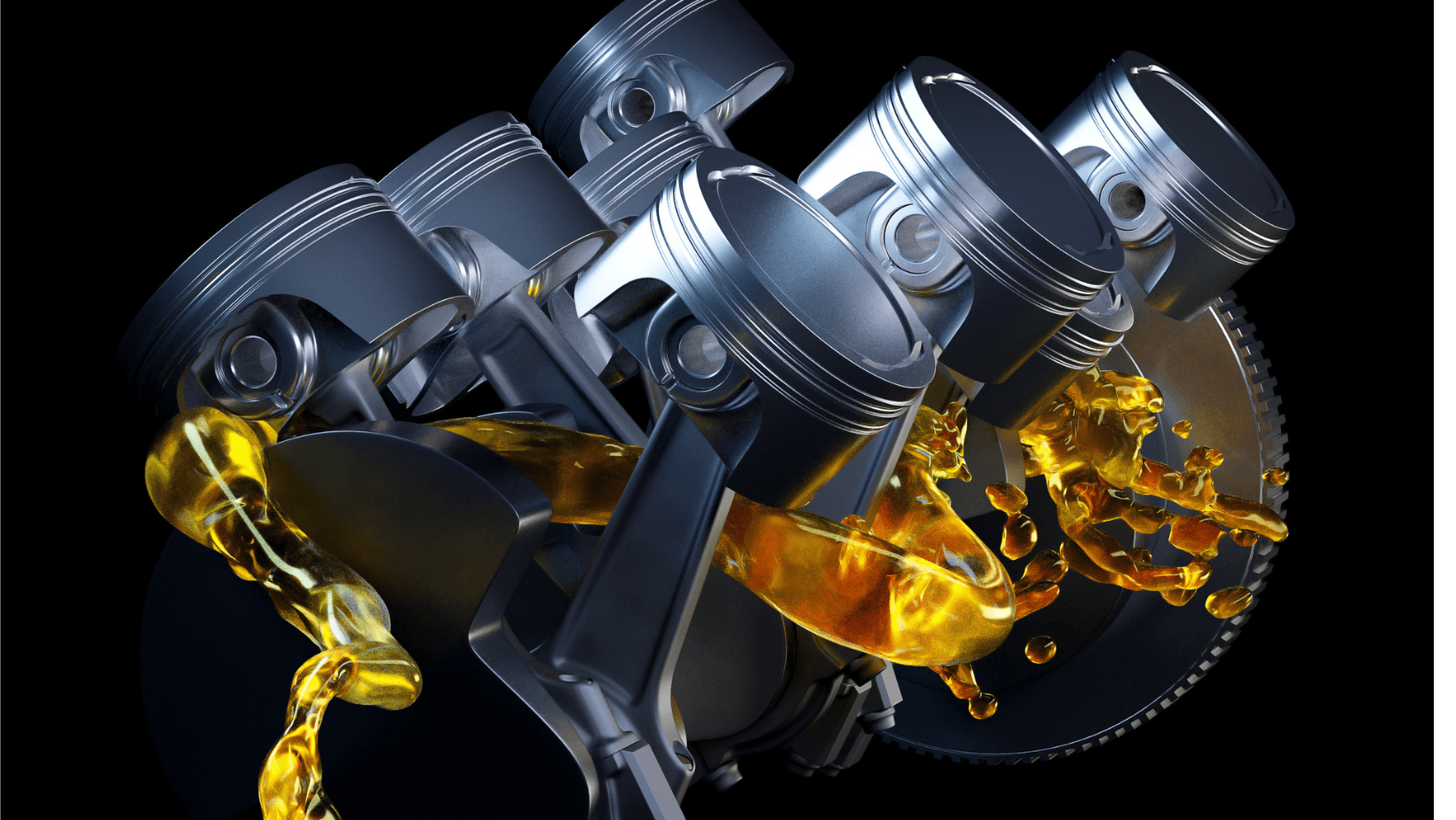Oil Change Intervals and Types: Adhering to Manufacturer’s Recommendations
Navigating the world of automotive maintenance, particularly regarding oil change intervals and types, can be a complex task. Emphasizing the importance of manufacturer’s recommendations, this article delves into the intricacies of selecting the right oil and scheduling timely oil changes for optimal vehicle performance.

Key Takeaways:
- Importance of following manufacturer’s recommendations for oil types and change intervals.
- How various oil types, such as synthetic and conventional, impact vehicle performance.
- Factors influencing oil change intervals, including driving habits and environmental conditions.
- Role of oil filters in maintaining engine health.
- Special considerations for different vehicle types like diesel engines and hybrid vehicles.
Adhering to Manufacturer’s Guidelines
Importance of Manufacturer’s Recommendations
Following the manufacturer’s recommendations for oil types and change intervals is crucial for maintaining your vehicle’s health and performance. Manufacturers tailor these guidelines based on extensive research and testing, ensuring that your vehicle runs efficiently and its engine is well-protected.
Consequences of Ignoring Manufacturer’s Advice
Ignoring these recommendations can lead to:
- Reduced engine performance and efficiency.
- Increased wear and tear, potentially shortening engine life.
- Voiding of warranty in some cases.
Link Between Oil Types and Vehicle Performance
Different vehicles require different oil types for optimal performance. For instance, synthetic oils are often recommended for high-performance engines due to their superior lubricating properties and stability under extreme temperatures.
Oil Types and Their Impact
Conventional vs. Synthetic Oil
- Conventional Oil: Ideal for older models and normal driving conditions.
- Synthetic Oil: Better for high-performance and newer vehicles, offering enhanced protection and longevity.
Specialty Oils
- Diesel Engine Oils: Diesel engines require specific oil types for optimal performance, different from gasoline engines.
- Hybrid Vehicle Oils: Hybrid vehicles also have unique requirements, detailed in oil change for hybrid vehicles.
Factors Influencing Oil Change Intervals
Driving Habits
Your driving habits significantly impact how often you need an oil change. Frequent short trips, towing, or racing can necessitate more frequent changes. Understand more about the impact of driving habits on oil change intervals.
Environmental Considerations
Extreme temperatures and environmental conditions also play a role in determining oil change frequency. Environmental considerations in oil change intervals can guide you through these factors.
Importance of Oil Filters
Essential Role in Car Performance
Oil filters are vital for removing contaminants and ensuring clean oil circulates through the engine. Learn about the essential role of oil filters in car performance.

Frequency of Changing Oil Filters
Generally, it’s advised to replace oil filters with every oil change to maintain engine cleanliness and performance.
Brands and Their Recommended Oil Types
Here’s a comprehensive table outlining various brands and their recommended oil types, offering a clear guide:
| Brand | Recommended Oil Type | Special Notes |
|---|---|---|
| Toyota | Synthetic SAE 0W-20 | Ideal for newer models, enhances fuel efficiency |
| Ford | Conventional 5W-30 | Suitable for most models, including trucks |
| Honda | Full Synthetic 0W-20 | Recommended for newer Honda models |
| Chevrolet | Dexos Synthetic Blend | Specifically formulated for Chevrolet engines |
| BMW | BMW Longlife-01 Synthetic | Required for maintaining BMW warranty |
| Subaru | Synthetic 5W-30 | Especially for turbocharged models |
| Mercedes-Benz | Mercedes-Benz Genuine Synthetic | Meets specific MB requirements |
| Hyundai | Synthetic 5W-30 or 5W-40 | Depending on model and climate conditions |
| Nissan | Nissan Motor Oil 0W-20 SN | Engineered specifically for Nissan vehicles |
| Volkswagen | VW 502 00 / 505 00 Spec Oil | Ensures compliance with VW engine specifications |
Conclusion about manufacturer’s recommendations
Adhering to manufacturer’s recommendations for oil types and change intervals is not just a suggestion—it’s a necessity for the health and longevity of your vehicle. Whether it’s choosing the right oil for your sports car or understanding the nuances of a hybrid vehicle’s needs, informed decisions are key to optimal performance and engine longevity.




